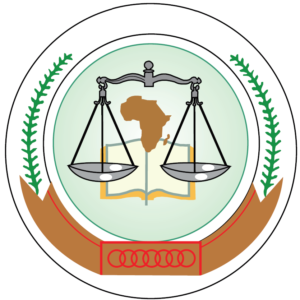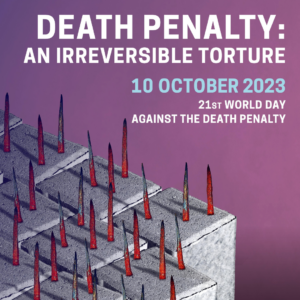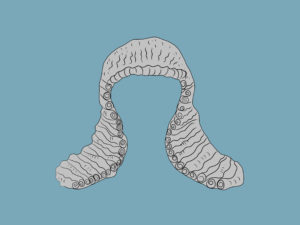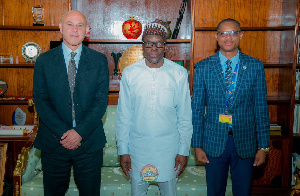
African Court of Human and People's Rights rejects mandatory death penalty challenge on technical grounds
- News
- 11 Apr 2019
*Update: In November 2019, Dexter Johnson’s death sentence was commuted to a life sentence.
African Court of Human and People’s Rights rejects mandatory death penalty challenge on technical grounds
The African Court of Human and People’s Rights has dismissed the cases brought on behalf of Dexter Johnson challenging the mandatory application of the death penalty in Ghana based on a narrow technical argument, namely that the issue had already been considered by the United Nations Human Rights Committee (UNHRC). This was the first case against Ghana before the Court and also the first time that the Court had been asked to consider a challenge to the mandatory death penalty.
We represented Mr. Johnson, a British national, who was sentenced to the mandatory death penalty for murder in 2008, before the Court of Appeal and the Supreme Court of Ghana. The constitutional issue raised was whether the mandatory imposition of his death sentence was tantamount to inhuman punishment and constituted an arbitrary deprivation of his right to life. We argued that the mandatory death penalty was incompatible with the Constitution of Ghana as it prevented the judge from considering any mitigation by reference to the circumstances of the offence or the offender. The Supreme Court dismissed Mr Johnson’s constitutional complaint in 2011 and we subsequently filed a complaint before UNHRC alleging violations of the International Covenant on Civil and Political Rights. In 2014, the UNHRC held that Ghana was in breach of its obligations under the International Covenant on Civil and Political Rights, as the automatic imposition of the death penalty without regards to the defendant’s personal circumstances or the circumstances of the particular offence amounts to an arbitrary deprivation of the right to life. The UNHRC held that Ghana is under duty to provide an effective remedy and should therefore commute Mr Johnson’s death sentence without delay.
Ghana failed to comply with the decision of UNHRC and the case was brought before the African Court of Human and People’s Rights (ACHPR) in the hope of obtaining a binding ruling. It was submitted that the mandatory imposition of the death penalty violated the right to life and the prohibition on cruel, inhumane or degrading treatment and punishment and the right to a fair trial under the African Charter on Human and People’s Rights. The Court delivered judgment on 28th March 2019 and in a majority decision (8 for and 2 against) the Court held that the application was inadmissible as the complaint had already been determined by UNHRC – the fact Ghana had opted not to follow the views of UNHRC and Mr Johnson was still under sentence of death did not affect the reasoning of the majority of the Court.
Joe Middleton (Doughty Street Chambers), who was instructed by DPP, pro bono, to represent Mr Johnson before the ACHPR, as well as proceedings before the Court of Appeal, Supreme Court and the UNHRC, said:
“We regret this missed opportunity. There were good arguments for the African Court to consider the application despite the previous involvement of the Human Rights Committee, but we obviously respect the decision of the Court. We will look for other ways to pursue this important point in other cases and to challenge Ghana’s failure to comply with its obligations in international law.”
Amal Clooney (Doughty Street Chambers) and Oliver Windridge also provided pro bono assistance to Mr Johnson before the African Court.




















